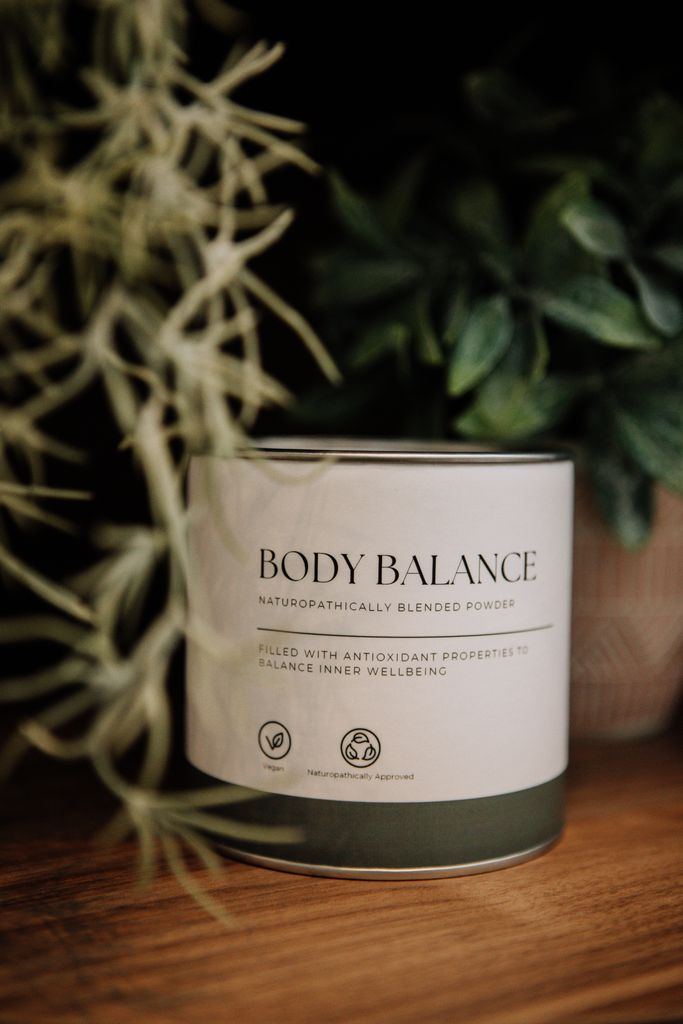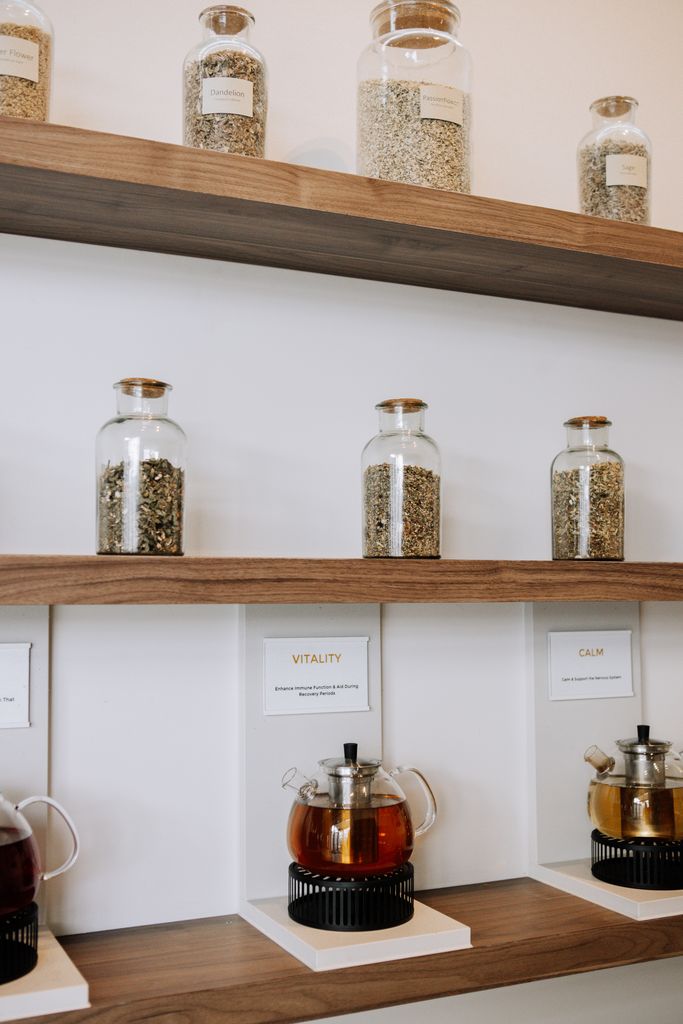Menopause is a time of transition, but let’s be honest – it can also feel like a rollercoaster. One minute you’re fine, the next you’re breaking out in a hot flash or struggling to remember where you left your keys. It’s a stage of life that can feel unpredictable and overwhelming, but according to naturopath Melanie Hartskeerl, there’s a simple way to bring a little balance back – tea.
According to Melanie Hartskeerl, resident Naturopath at Wildsoul Wellness, tea cycling—an intuitive approach to herbal tea consumption—can help women navigate menopause with more ease and control.
“Menopause is different for everyone, but the one thing all women have in common is that their body no longer follows a fixed hormonal cycle,” Melanie tells HELLO!
“That means instead of working with a set rhythm, it’s about tuning into how you feel each day and using herbs to support your needs in the moment.”
So how exactly does tea help? “Some of the most common symptoms I hear about from clients include disrupted sleep, brain fog, mood swings, and fatigue,” Melanie says. “And the good news is, there are so many beautiful herbal blends that can help. Chamomile, passionflower, and lemon balm are wonderful for calming the nervous system and supporting deep, restful sleep.”
For women experiencing hot flashes and night sweats, Melanie recommends cooling herbs such as Wild Yam, Shatavari, and Black Cohosh. “These herbs help regulate the body’s temperature and can reduce those sudden, uncomfortable heat surges” she explains. “And if you’re feeling sluggish, look to uplifting ingredients like sencha green tea, ginkgo, and citrus to give you a natural energy boost. Adaptogens like ashwagandha, hops, and cinnamon are also fantastic for helping the body cope with stress and keep energy levels stable.”
Unlike traditional tea cycling, which follows the menstrual cycle, menopause tea cycling is about responding to what your body needs day by day. “The key is to make it part of your daily routine,” Melanie advises. “I always suggest starting the morning with something uplifting like green tea or ginkgo to sharpen focus and get you going. Then in the afternoon, when stress might creep in, switch to a balancing blend with cinnamon, rhodiola, or licorice. At night, wind down with a tea that soothes the body, like chamomile or lemon balm.”
When it comes to choosing the right tea, Melanie urges women to focus on quality. “Always go for certified organic teas without pesticides or synthetic additives,” she says. “Supporting local or small-scale growers is also a great way to ensure the purity of your herbs.” Some of her top choices for menopause support include Shatavari and Wild Yam for hormone balance, Dong Quai and Licorice for adrenal health and mood stability, and Peppermint and Rhodiola for a refreshing, energizing lift.
Of course, tea alone isn’t a magic fix, and Melanie is a big advocate of taking a holistic approach to menopause. “Tea cycling is just one piece of the puzzle,” she says. “A diet rich in healthy fats, lean proteins, and phytoestrogens—like soy, flaxseeds, and lentils—can help keep hormones in check. Strength training and cardio are essential for maintaining bone density and boosting overall well-being.”
Sleep is another big one. “So many women struggle with sleep during menopause,” Melanie shares. “Practicing good sleep hygiene and sipping on a cup of chamomile or lavender tea before bed can make all the difference. Stress management is also key—whether that’s yoga, meditation, or simply taking time for yourself.”
She also highlights the importance of key nutrients. “Calcium and vitamin D are crucial for bone health, while taurine and magnesium can support stress management, energy, and muscle relaxation.”
Ultimately, Melanie believes herbal teas are a beautiful and effective way to support the body during this transition. “It’s a gentle, natural way to nourish yourself,” she says. “When combined with a mindful, healthy lifestyle, tea cycling can help you move through menopause feeling more balanced, energized, and in control.”
Read the full article here













